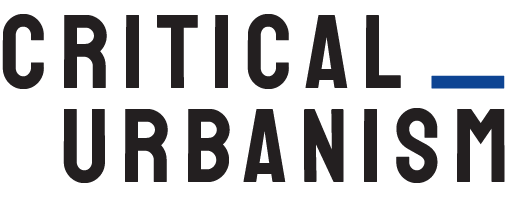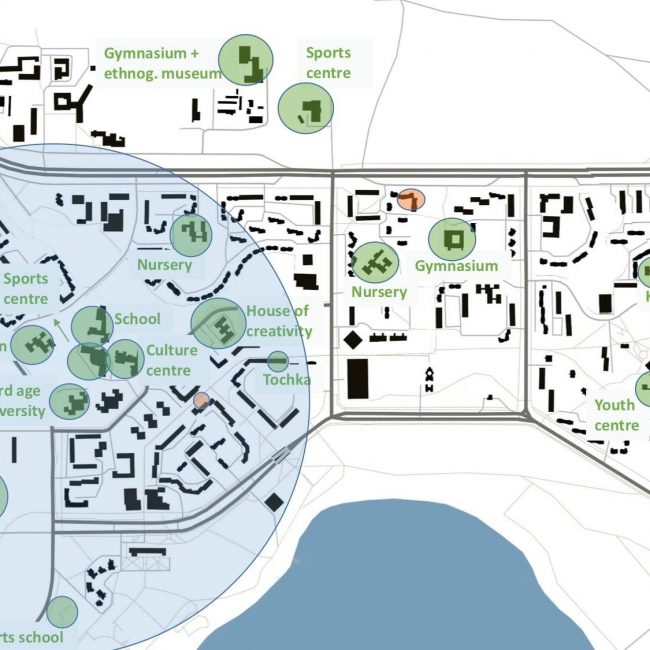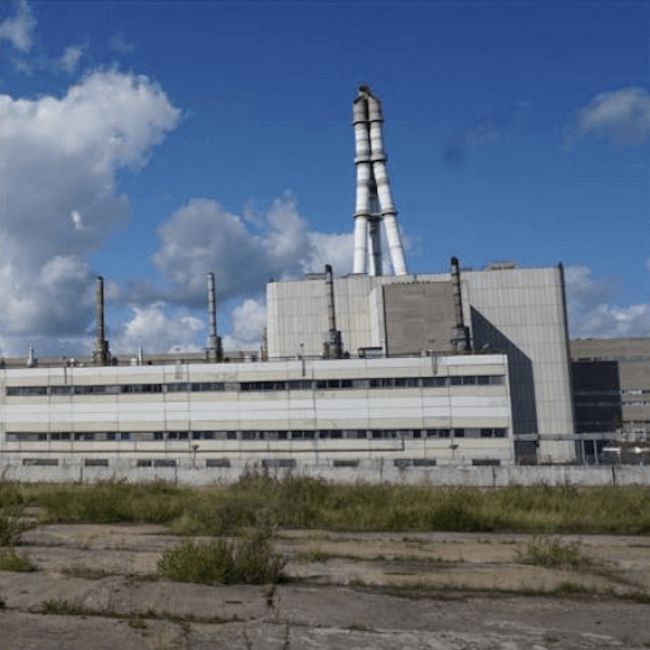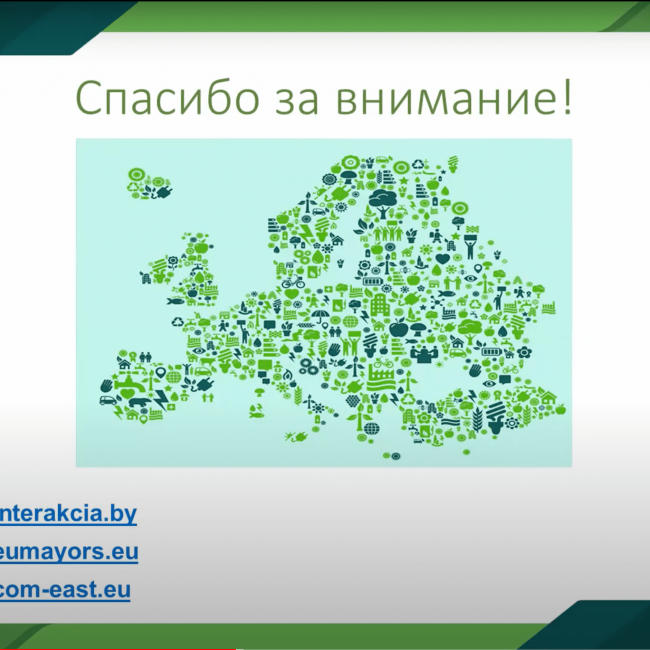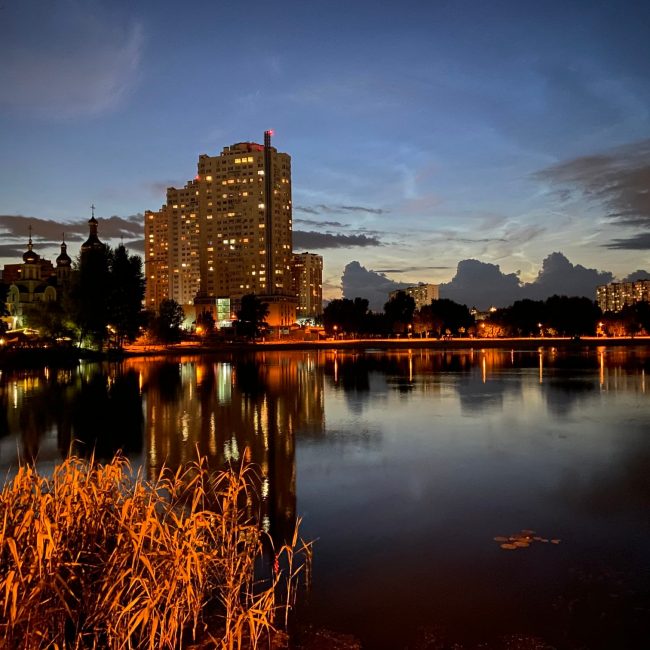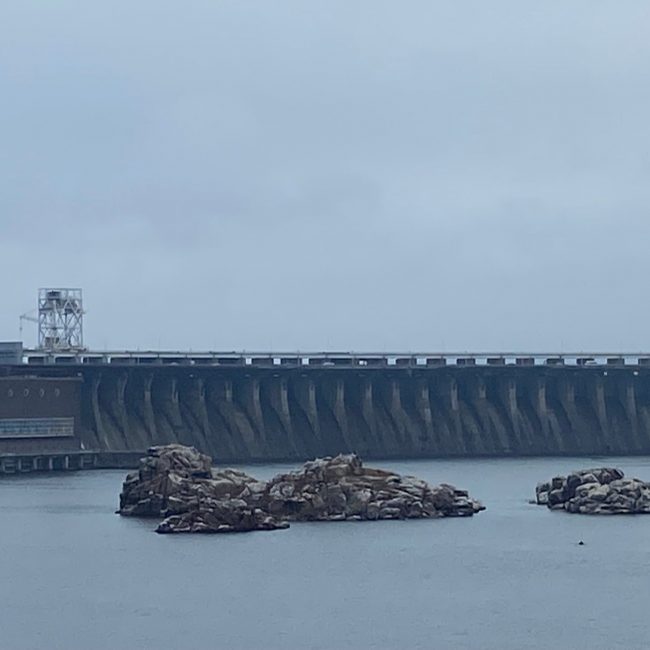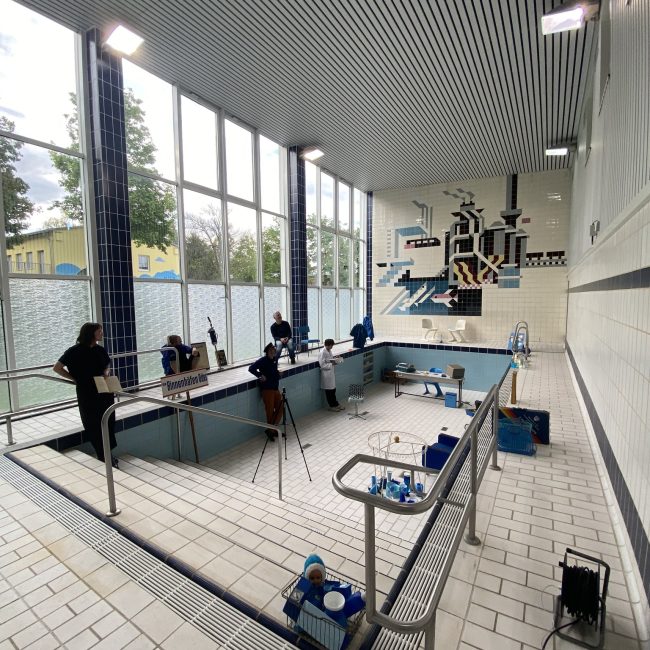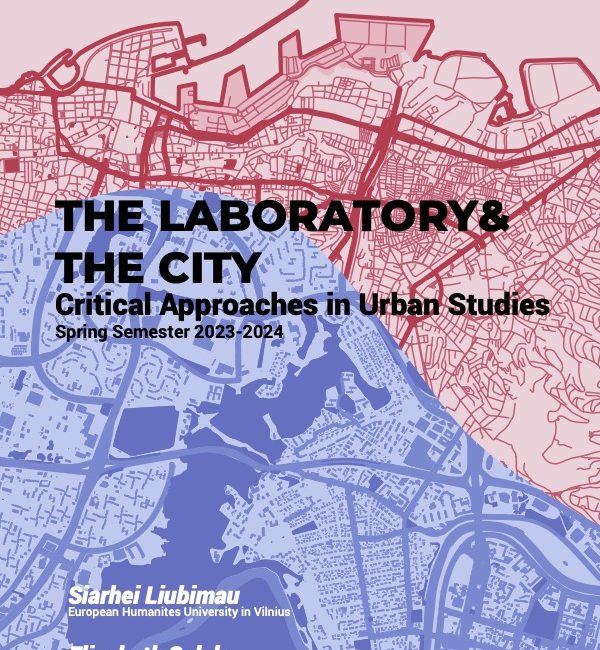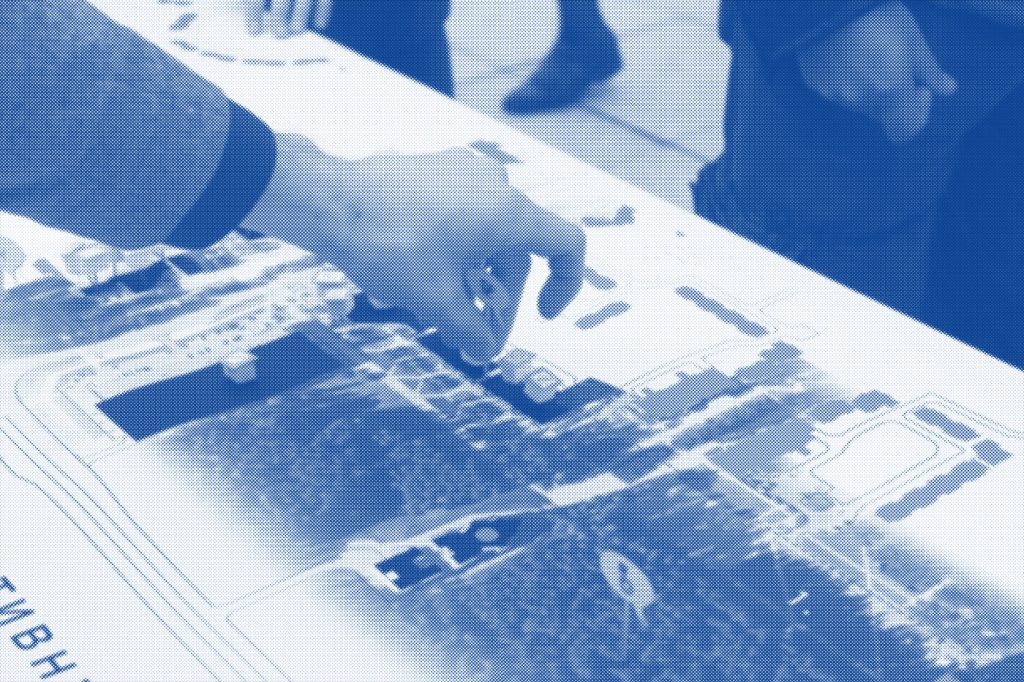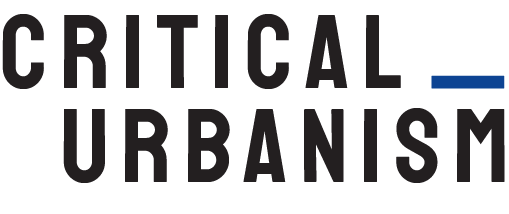Who are we
The Laboratory of Critical Urbanism at the European Humanities University in Vilnius (founded in 2007) serves as a platform for scholars and practitioners working in the field of urban studies. The Laboratory conducts multidisciplinary cross-sectoral research on urban space and urban development, organizes conferences, exhibitions and cultural projects, and is running educational programs in integrative urbanism. LCU approach is synthetic both in terms of process and results: it entails simultaneously conceptual and applied critical perspectives. Laboratory’s members are European Humanities University actual and former faculty, students, as well as affiliated partners.
Approach
The Laboratory works under the principle that new interdisciplinary configurations of academic thought and applied intervention are necessary to more fully understand the complexity and entanglements of emergent socio-spatial forms. This is particularly so in the case of the regions, cities and rural areas of Central and Eastern Europe, where hybrid and often paradoxical spatial paradigms and social processes can be observed. In particular, the Laboratory works to explore the potential and obstacles caused by the persistence of the socialist built environment in its complex and uneven interaction with the international movement and regulation of people, artefacts, ideas, goods and money characteristic of contemporary capitalism.
Summer Schools
Through developing a range of research and intervention projects, the Laboratory of Critical Urbanism works in collaboration and overlaps with the various University education projects. The goal of such collaboration is to organize long-term urbanist work as systematically triangulated: as legitimized simultaneously for a community of professional researchers, for students engaged in the process of learning and for social partners in the field. Such a triangulation amplifies an awareness of and sensitivity to the possibilities, hindrances, pains and hopes out of which urbanist research settings are composed. Thus, it allows a grounded development of proposals for alternative models of spatial organization, experience and governance.


Siarhei Liubimau
is Associate Professor (from 2014), as well as co-founder and lead of the Laboratory of Critical Urbanism (from 2007) at the European Humanities University in Vilnius. For his doctoral research he worked with the issue of trans-border urbanism and studied changes of EU internal and external border regimes as urban scale specific processes. Empirically, he worked on the towns on the German-Polish and Polish-Belarusian borders (Institute of Philosophy and Sociology, Polish Academy of Sciences, 2005-2010), as well as with the borders of Luxembourg (Bauhaus-Dessau Kolleg 'EU Urbanism', 2006-2007). Since 2015 he has been researching the mode of urbanization stemming from Soviet nuclear industry development (focusing on the town of Visaginas in Lithuania, a satellite of Ignalina Nuclear Power Plant), as well as post-nuclear urban futures.

Miodrag Kuč
is an interdisciplinary artist and urban theorist trained as an architect / urban planner in various cultural settings. His work explores the role of ephemeral structures in uncertain urban conditions and spatial appropriations of marginal social groups. As an independent urban researcher, he moves at the intersection of urban studies, performative-planning, artistic interventions, and micro politics. Currently, he runs the educational department of ZK/U (Centre for Art and Urbanistics) Berlin, exploring new ways of knowledge production through the lens of critical urban pedagogy. He is a member of the EHU Laboratory of Critical Urbanism from 2011.

Felix Ackermann
(LCU member in 2013-2017) is a researcher at the German Historical Institute Warsaw. He was trained as a historian and urban anthropologist at the Europa-Universitaet Viadrina and at the London School of Economics and Political Science. In his work he focuses on migration, violence and applied cultural studies. From 2011 to 2016 he was DAAD Associate Professor of Applied Humanities at the European Humanities University in Vilnius. He was a member of the EHU Laboratory of Critical Urbanism from 2013 to 2017.

Benjamin Cope
Has worked at the European Humanities University since 2002, teaching courses in Visual and Cultural Studies, Gender Studies and Critical Urbanism. He is a co-editor and author of books and articles developing an interdisciplinary approach to socio-spatial change in Eastern Europe. He is based in Warsaw, Poland, where he is part of the research teams at the Our Choice Foundation (an NGO supporting Ukrainian migrants to Poland) and the Anthropology Undisciplined Research Unit at the Institute of Archaeology and Ethnography of the Polish Academy of Sciences. His research interests include critical cartography, gender and space, culture (events, institutional innovation, intersectoral cooperation, sound studies), migration and anthropology of the Anthropocene.
